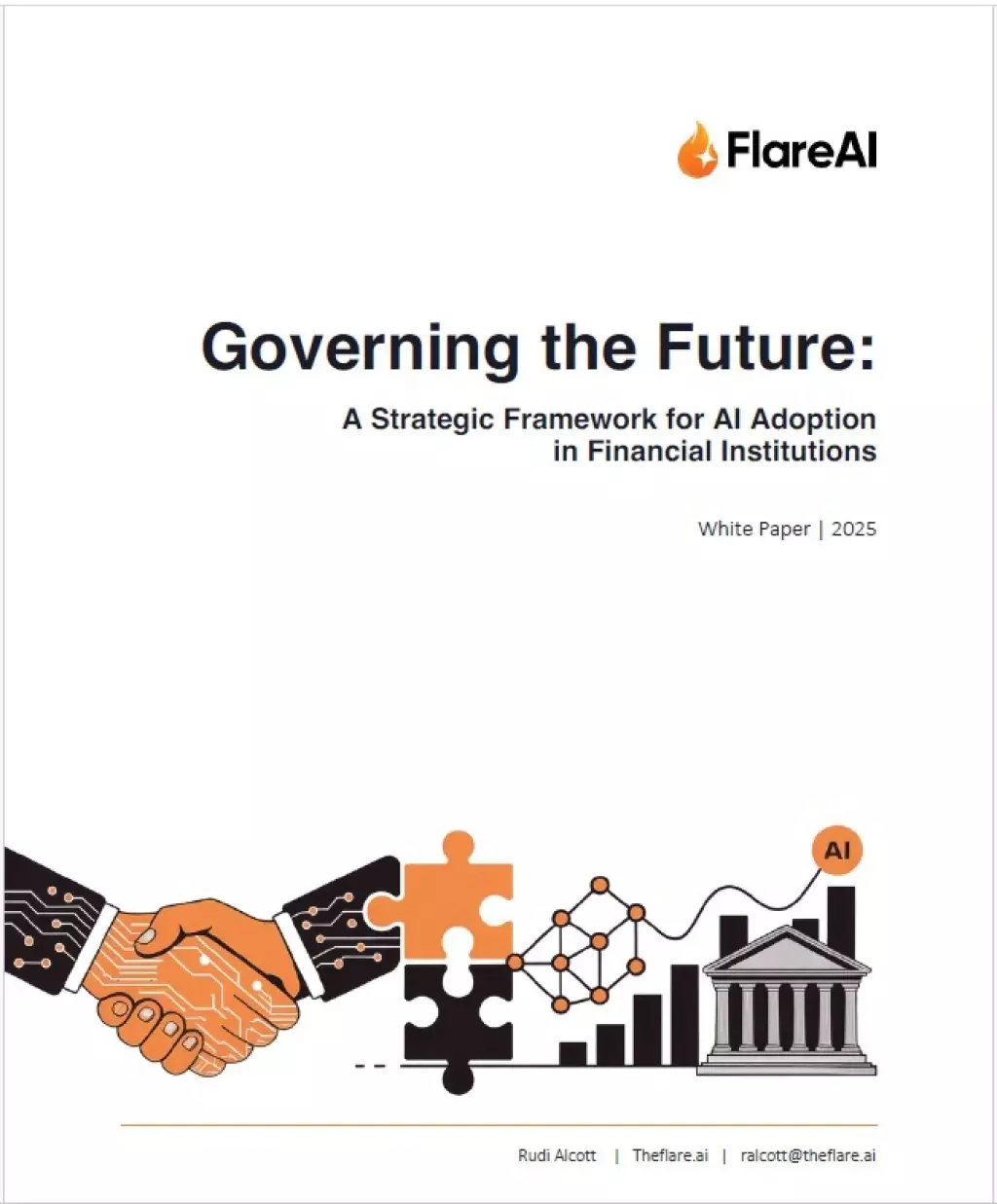Citi Whitepaper Highlights AI and Digital Assets in Post-Trade Transformation
Citi has released its latest "Securities Services Evolution" whitepaper, which outlines significant changes anticipated in the global post-trade industry. The report indicates that digital assets, accelerated settlements, and the adoption of AI are key drivers of this transformation. According to the whitepaper, 10% of global market turnover is expected to be tokenized by 2030, with bank-issued stablecoins playing a crucial role in this shift.
The whitepaper, which surveyed 537 industry leaders, highlights that 76% of respondents are actively working on T+1 initiatives by 2025. Automation is deemed critical for T+1 readiness in the UK and Europe, with improved operational processes and upgraded technology cited as essential enablers.
Generative AI (GenAI) is also gaining traction, with 86% of firms piloting its use, particularly in client onboarding. The Asia Pacific region is leading in digital asset adoption, driven by retail cryptocurrency uptake and regulatory efforts.
Citi emphasizes its commitment to empowering clients through digital and data solutions, as the industry stands on the brink of significant change.
We hope you enjoyed this article.
Consider subscribing to one of our newsletters like Finance AI Weekly or Daily AI Brief.
Also, consider following us on social media:
More from: Finance
Subscribe to Finance AI Weekly
Weekly newsletter about AI in finance. Covers AI-driven trading, fintech innovations, and data analytics transforming markets
Whitepaper
Governing the Future: A Strategic Framework for AI Adoption in Financial Institutions
This whitepaper explores the transformative impact of artificial intelligence on the financial industry, focusing on the governance challenges and regulatory demands faced by banks. It provides a strategic framework for AI adoption, emphasizing the importance of a unified AI approach to streamline compliance and reduce operational costs. The document offers actionable insights and expert recommendations for banks with fewer than 2,000 employees to become leaders in compliant, customer-centric AI.
Read more
